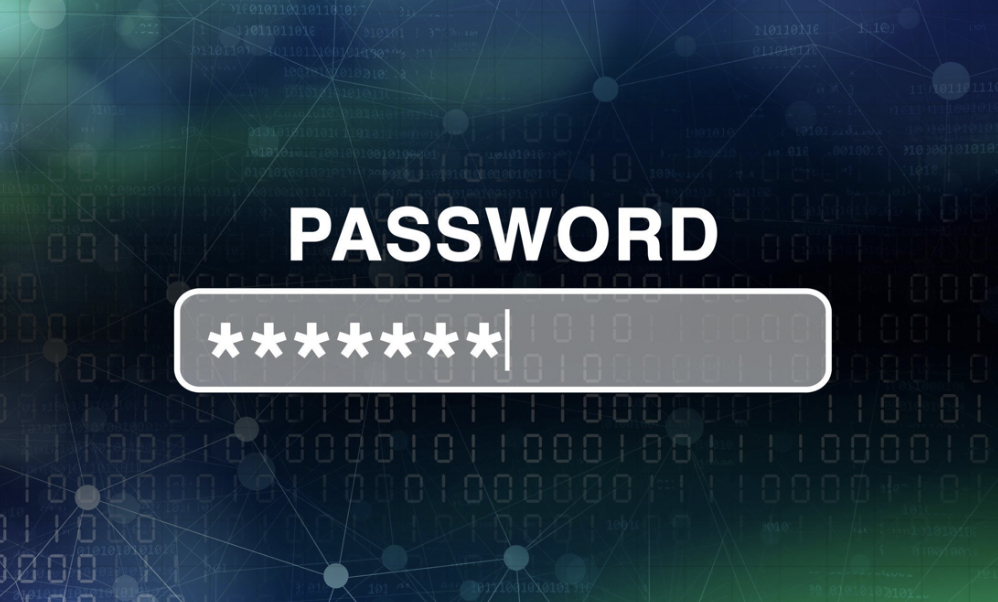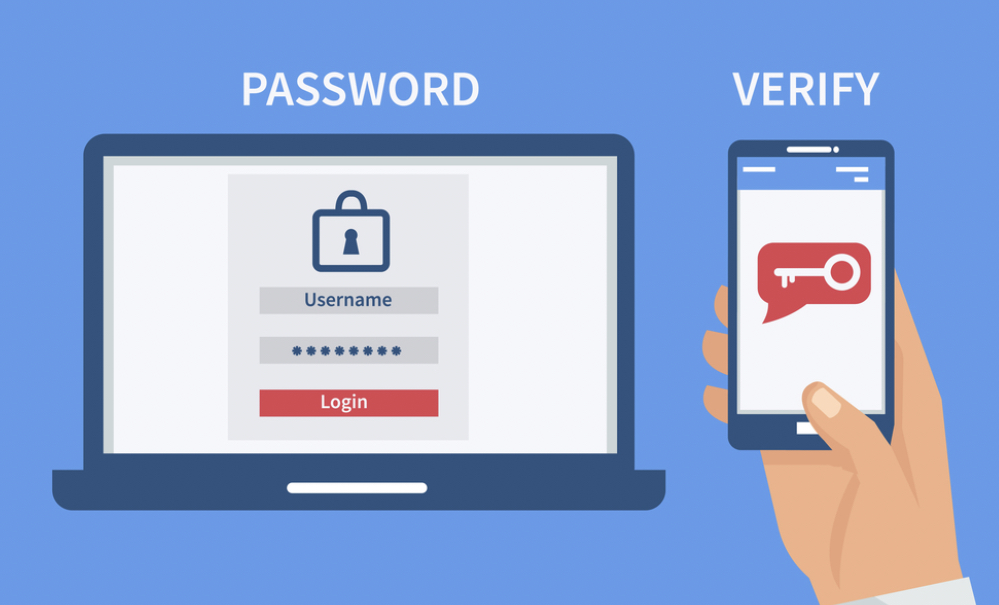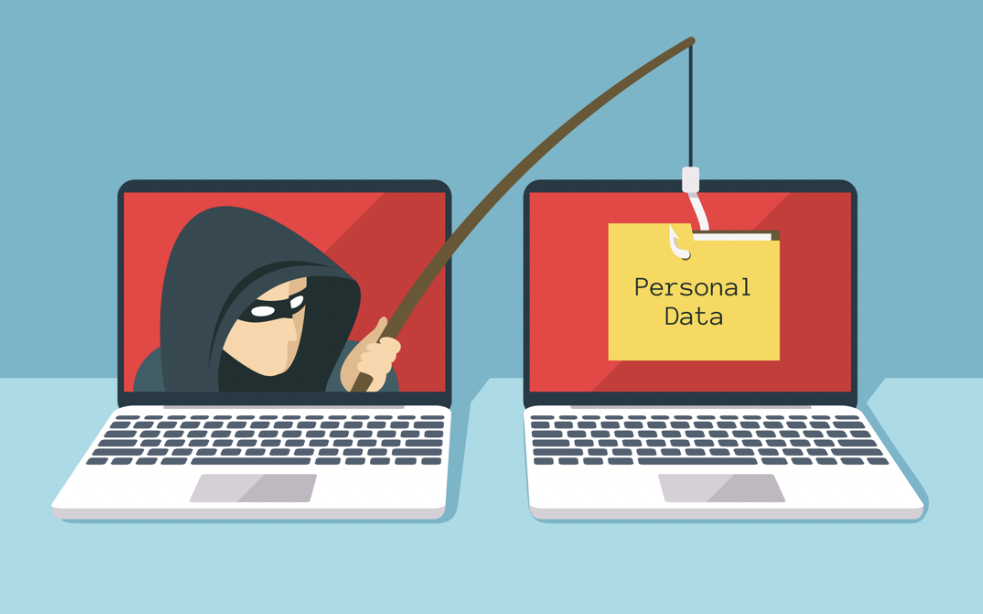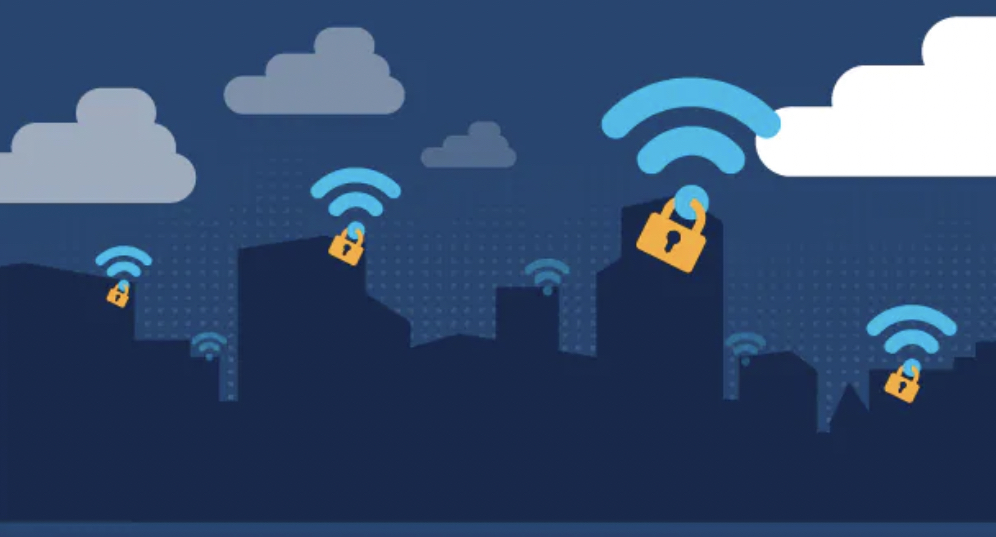Staying Safe While Online (tips and tricks)
Posted by Tehillah Mwakalombe on 8th Dec 2023
The internet has become an important part of our lives, offering countless opportunities and information at our fingertips. However, with the many benefits comes many potential risks, as online threats continue to evolve. To ensure a safe browsing experience, it's important to take measures and make informed decisions. In this blog, we will give you five essential tips to help you stay safe while browsing online.

1. Keep Your Devices Updated:
Regularly updating your operating system, web browsers, and applications is important for maintaining a secure online environment. Software updates often contain crucial security patches that address weak spots hackers might use. Enable automatic updates whenever possible to ensure you are protected with the latest security measures.

2. Use Strong, Unique Passwords:
Using weak or easily guessable passwords is an open invitation for hackers. Create strong, unique passwords for each of your online accounts. Include a mix of upper and lowercase letters, numbers, and special characters. Additionally, consider using a password manager to securely store and generate complex passwords.

3. Enable Two-Factor Authentication (2FA):
Two-Factor Authentication adds an extra layer of security to your accounts. It requires you to provide an additional piece of information, such as a verification code sent to your mobile device, along with your password. Enable 2FA wherever possible, as it significantly reduces the risk of unauthorized access to your accounts.

4. Be Cautious of Email and Phishing Attacks:
Be alert while handling emails, as phishing attacks remain a common tactic used by cybercriminals. Avoid clicking on suspicious links or downloading attachments from unknown sources. Double-check email addresses and be careful of emails that emphasize on urgency or request sensitive information. When you’re doubting, contact the sender directly to verify the authenticity of the email.

5. Use Secure Wi-Fi Connections:
Public Wi-Fi networks can be convenient but often lack proper security. Avoid accessing sensitive information, such as online banking or personal accounts, while connected to public Wi-Fi. Instead, use a virtual private network (VPN) to encrypt your internet connection, providing an added layer of protection when browsing on unfamiliar networks.
As much as the internet is extremely helpful to almost all of us, there are still many risks that have to be avoided in terms of privacy. Stay tuned for our second part to this blog to find out more tips (that are rarely talked about).

